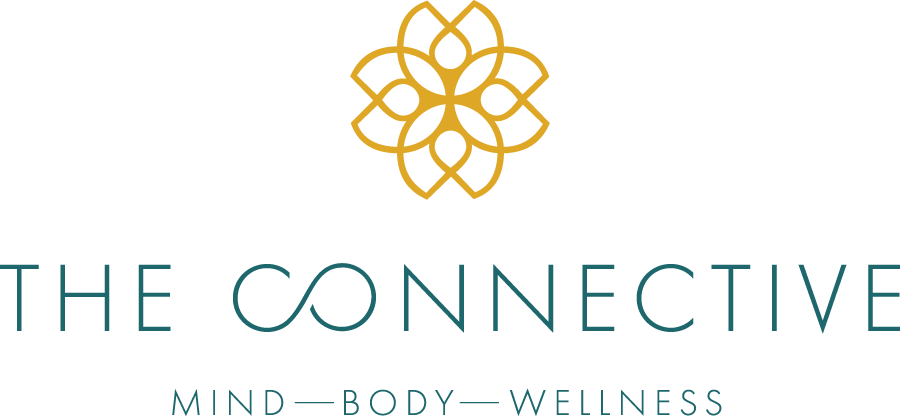7 TIPS TO BUILD STRONG RELATIONSHIPS
Lara Morales Daitter, Relationship & Life Coach
Relationships occupy a central part of our lives. Yet we all struggle to build strong, stable, and harmonious relationships. That is ok! They are not supposed to be easy. In fact, through relationships is how we grow. And I’m not just talking about romantic relationships, even though they tend to occupy most of our energy and time. All the important relationships that we have in our life present challenges and opportunities to heal, grow, give and receive love. While there are no magic formulas, there are some effective ways in which we can show up to develop stronger, healthier relationships. Here are some tips that might help you reflect and act to build stronger relationships in your life:
1. First, Look Inside of Yourself
Do you ask yourself questions? If not, you should! Without self-reflection and understanding of our own ways of being in the world, it is way more difficult to relate with others. You don’t know where to get started? Here are some prompt questions for you:
What do I bring into my relationships? This could include from the nicest and most shining parts of yourself, as well as past experiences, memories, traumas, expectations and so on.
What can I offer in a relationship? This could go from a safe space, to conflicts, expectations, drama, companionship, honesty, care, etc.
Do I feel ready to be in this relationship? Sometimes we get into relationships because of external pressures or without considering our true internal states.
I invite you to write up a list of answers to these questions and see what happens.
2. Identify What You Want From a Relationship
Understanding what you want will give you clarity, open possibilities, and very importantly- give you agency! Knowing what type of relationship you’re looking for, and what you want for yourself, will help you work towards it. For example, if you want intimacy and personal growth in your relationships, the first step is to create that within yourself. You then can share these thoughts with the people you’re relating to and see what happens. If they stay, you did the first step to intimacy. If they leave, it’s not the relationship you were looking for.
3. Express Your Needs Non-Violently
We all have needs and it’s important to be able to express them. For example, you might be experiencing the need to connect more, or the opposite, to have more individual space. American psychologist and teacher Marshall Rosenberg, proposed a wonderful framework called “Non-violent communication” that teaches us how to identify and express our needs without attacking our counterpart. Expressing our needs clearly and peacefully is a lot more effective than accusing others of “doing things to us”.
Additional resources: Needs and Empathy with Marshall Rosenberg
4. Work to Truly Understand Your Partner
Only once you are able to observe, make sense of, and truly understand the other’s perspective, compassion and intimacy can arise. Golden rules to achieve this are: 1) be curious, not critical or judgmental and 2) ask, don’t assume. This will contribute to the transparency of the relationship. It’s also a great opportunity to train your empathy skills. Thus you will discover that relationships are a space of enormous personal growth.
5. Embrace Change and Trust the Process
Often times when conflict or difficult situations arise, we begin to doubt the other person or our relationship. In reality, conflict is a doorway to international growth. Trusting the relationship will give space to individual action. All of the time, we are creating and generating new possibilities within our relationships. So, trust the force of the present moment, and the prospect of reconstructing new dynamics together. Every relationship is constantly shifting because our realities change (e.g. a global pandemic!), the members change, or just because life is a state of constant movement. So, part of building a strong relationship is just to embrace it. When doing this, there are more possibilities for connection. Trust the flow.
6. Relate Based on Truth, not Fantasies
Very commonly in teenage years (and for so many well into adulthood) we relate with a fantasy-based version of the other person, or with an ideal expectation in our minds. To clear this out, it is important to first to notice it, and understand the impact these fantasies or ideals have in the relational space. We’re all imperfect beings in a journey of growth. We all want to be seen and related to as we are, and not as a distorted version of ourselves in someone else's mind. Only when we see each other without fantasies, can we truly connect.
7. Take Ownership
In order to be able to relate as adults we must take ownership of our own emotions, thoughts and actions. At the end of the day we are ultimately responsible for our own happiness, peace, and love. While co-regulation is part of being in a relationship, it is important to remember that relying on each other for support, help, and love is not to be confused with being in (or expecting) a caregiver role. Therefore, it is important for you to learn what you need to feel safe and secure, and regulating yourself first when you need to. Like in airplane safety instructions, you must first take good care of yourself, so you can then truly help others. Here are two resources in this topic that can help you!
Lara Morales Daitter is our amazing Relationship & Life Coach here at Wellspace. She believes strongly in “relational consciousness”, i.e. bringing awareness to how we relate to others, our selves, and our lives. Lara believes that with clarity and awareness, we can develop a sense of self-efficacy and effective decision making. This way, you can truly create the life you want to live!


